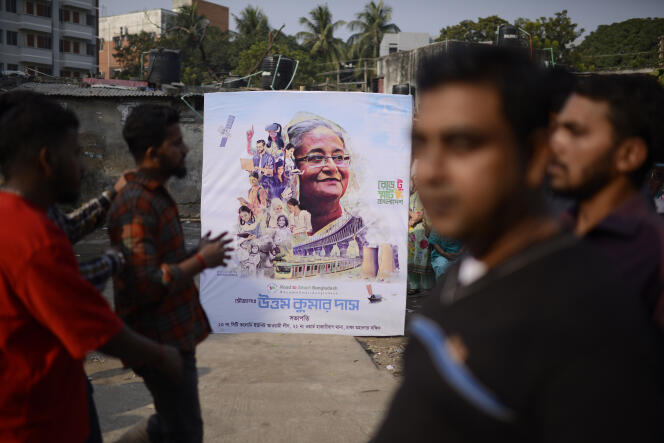


Bangladesh's Prime Minister Sheikh Hasina has won re-election for a fifth term Sunday, January 7, officials said, following a boycott led by an opposition party she branded a "terrorist organization."
Hasina's ruling Awami League "has won more than 50% seats," an Election Commission spokesman told Agence France-Presse (AFP), with counting ongoing. She has presided over breakneck economic growth in a country once beset by grinding poverty, but her government has been accused of rampant human rights abuses and a ruthless opposition crackdown.
Her party faced almost no effective rivals in the seats it contested, but it avoided fielding candidates in a few constituencies, an apparent effort to avoid the legislature being branded a one-party institution.
The opposition Bangladesh Nationalist Party (BNP), whose ranks have been decimated by mass arrests, called a general strike and, along with dozens of others, refused to participate in a "sham election."
Media collating results from polling stations said Hasina had won more than two-thirds of seats in parliament, with nearly 90% of results declared. Of the 264 seats of the total 300 announced, Hasina's Awami League had won 204 and her allied Jatiya Party nine more, according to results collated by Somoy TV, the country's largest private news broadcaster. Among the victors was Shakib Al Hasan, the Bangladesh cricket team captain, who won his seat for Hasina's party be a landslide, local officials said.
BNP head Tarique Rahman, speaking from Britain where he lives in exile, told AFP he feared "fake votes" would be used to boost voter turnout. "What unfolded was not an election, but rather a disgrace to the democratic aspirations of Bangladesh," he wrote on social media.
The BNP and other parties staged months of protests last year, demanding Hasina step down ahead of the vote. Officers in the port city of Chittagong broke up an opposition protest Sunday, firing shotguns and tear gas canisters. But election officials said voting was largely peaceful, with nearly 800,000 police officers and soldiers deployed countrywide.
Meenakshi Ganguly, from Human Rights Watch, said Sunday that the government had failed to reassure opposition supporters that the polls would be fair, warning that "many fear a further crackdown".
